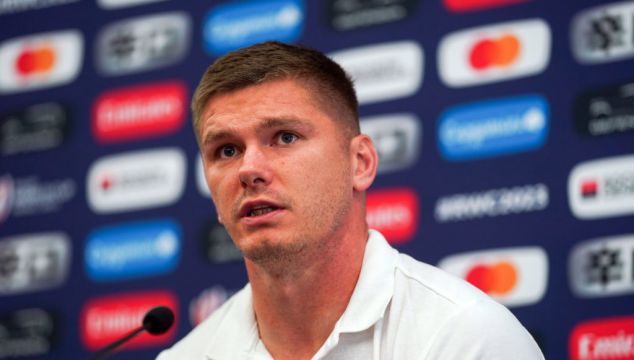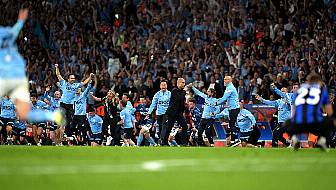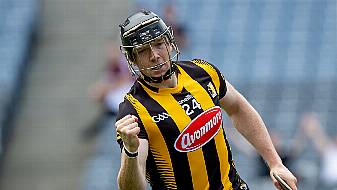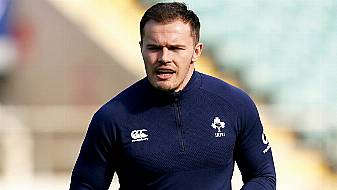England are to provide greater support for the welfare of their players in response to captain Owen Farrell taking a break from Test rugby to prioritise his mental health.
Farrell made the shock decision just weeks after leading England to a third-placed finish at the World Cup in France – during which he was regularly booed by fans – and he will miss at least the Six Nations.
The fly-half’s international team-mate Kyle Sinckler stated that Farrell taking a step back was “only the beginning” because of the workload and pressure faced by players at the highest level.
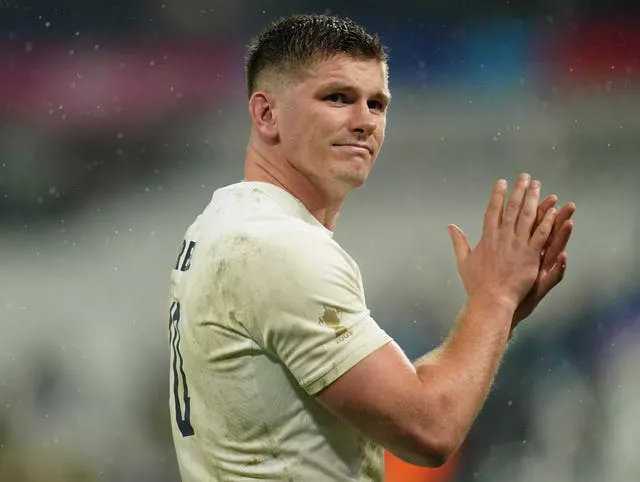
As well as being booed at games, Farrell has been the victim of online abuse and there is an acceptance at the Rugby Football Union that playing for England brings with it a growing level of scrutiny.
“We just want to support Owen and all the time we are looking to improve the wrap-around care for players. That is the most important thing,” RFU executive director of performance rugby Conor O’Shea said.
“It is getting more and more difficult and febrile to operate in some of these environments so we need to look really carefully at this to make sure we are the best at it.”
Head coach Steve Borthwick is to be given greater control over his most important players with the introduction of 25 ‘hybrid contracts’.
But while he will be able to set an England star’s conditioning program and influence medical decisions when they are with their clubs, he will not have the scope to dictate what position they play.

Marcus Smith was primarily used as a full-back during the World Cup, but Borthwick would be unable to insist he wears the 15 jersey for Harlequins were he to be given one of the new contracts.
“We are very careful when it comes to selection and where a player will play at his club,” O’Shea said.
“The deal is that players are paid to win at the weekend and so clubs will make that final call where the player plays.”
O’Shea has been involved in shaping plans for a new-look second tier of English club rugby that will sit below the Gallagher Premiership.
The league – tentatively named ‘Premiership 2’ – would replace the existing Championship with teams currently in that competition invited to indicate whether they wanted to be involved.
If there was insufficient interest then all funding to the Championship in its current form would be pulled by the RFU, who believes the competition needs a significant overhaul.

“What are you investing in? You’d rather take that money and invest it in other things,” RFU chief executive Bill Sweeney said.
“I know it’s a controversial topic, but where are you going to get that return on investment?
“We’ve shown that if you pour money into the existing structure of the Championship, it just doesn’t deliver. That’s not being disrespectful, it just doesn’t.”
